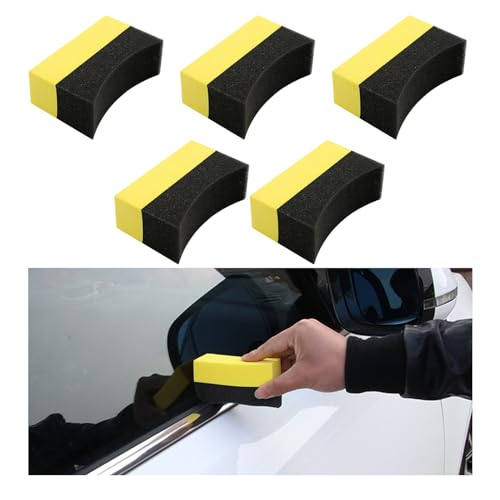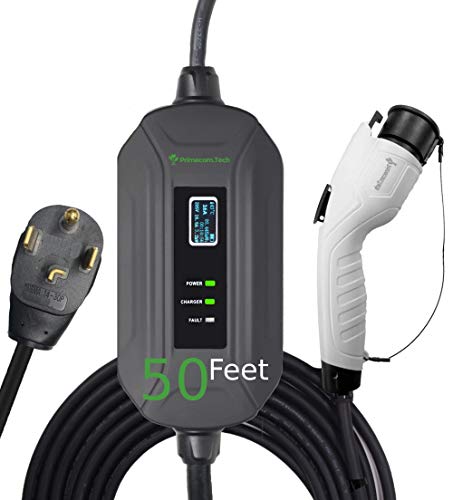Dsinned
Well-known member
Has anybody ever considered just renting or buying a portable AC generator (Costco sells them for about $600, although cheaper models are available) and hauling it around in the back of your RAV4 EV when you have to drive anywhere close to your maximum range? There are a few times a year when I would like to drive somewhere over a couple hundred miles or more round trip, but cannot count on having access to charging stations in-route. With slower paced driving on the freeways, proper route planning and taking an occasional detour to any available charging station would avoid the need for ever using the portable gas powered generator, or even needing it in the first place. But, there are a lot of places where charging in the real world is just not possible.
However, the portable generator would only be used for recharging as an "emergency" backup, when there is insufficient range to make it to the next L2 EVSE charging station. It could also be used while stopping overnight at a motel or on a camping trip when there is no available 120Vac outlet nearby where the car is parked.
For about twice as much money, one could buy (or perhaps rent) a portable gas generator with a continuous rated output of 8,000 watts with a 240Vac outlet built-in. Of course, that would incur a significant weight penalty in the cargo bay, but then you could also haul around your own "portable" L2 EVSE in addition to the generator and speed up the how long it takes to recharge on a road trip.
Kind of a crazy idea, but I do not have another car suitable for road trips or an occasional camping trip out of town.
Comments?
However, the portable generator would only be used for recharging as an "emergency" backup, when there is insufficient range to make it to the next L2 EVSE charging station. It could also be used while stopping overnight at a motel or on a camping trip when there is no available 120Vac outlet nearby where the car is parked.
For about twice as much money, one could buy (or perhaps rent) a portable gas generator with a continuous rated output of 8,000 watts with a 240Vac outlet built-in. Of course, that would incur a significant weight penalty in the cargo bay, but then you could also haul around your own "portable" L2 EVSE in addition to the generator and speed up the how long it takes to recharge on a road trip.
Kind of a crazy idea, but I do not have another car suitable for road trips or an occasional camping trip out of town.
Comments?
























